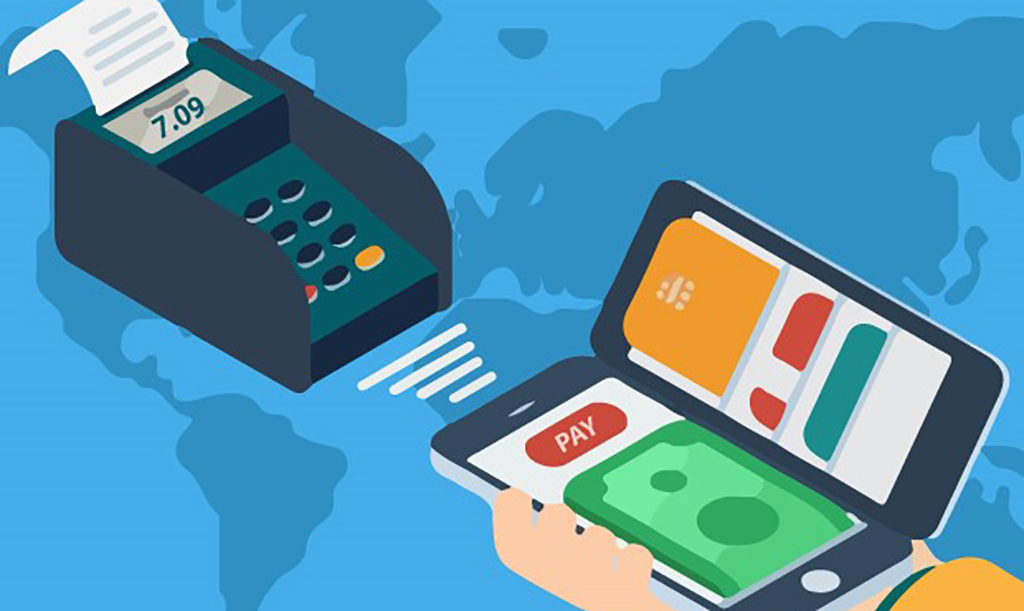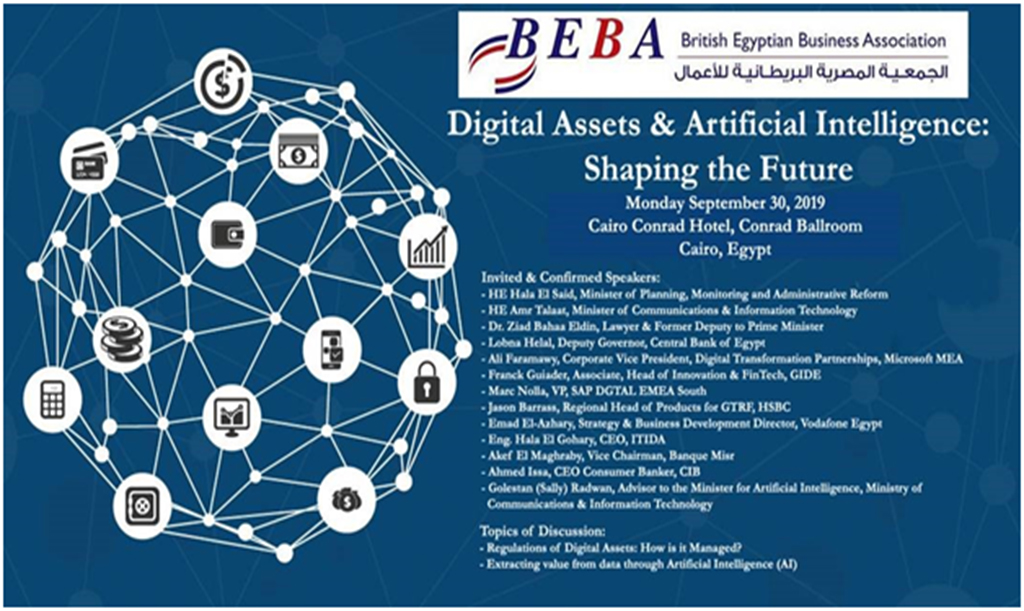How FinTech is Changing the Finance Industry.
23 December 2019
Once used exclusively as a back-end technology to support the smooth processes of traditional financial services, FinTech as a concept has evolved to encompass nearly all our daily financial tasks due to its commercialization, convenience and ease of use.
Financial technology applications are spreading like wildfire around the world, and today the term includes RegTech, InsurTech, payments, transactions, financial data APIs, banking and mobile banking. Most commercial entities are either using FinTech to empower their business processes or express interest in doing so, and with good reason. FinTech has almost eliminated the tedious traditional processes that FIs and banks have adhered to since their existence, but that does not mean that the thriving industry is free from challenges. Here are some notable benefits that define FinTech as we know it today.
Cutting CostsTraditional financial processes by definition incur costs on both financial institutions and their customers, and digitization has dismissed many of those costs as smarter solutions emerge. FinTech applications that reflect physical entities have definitely enabled banks and other FIs to save billions while automating processes and improving efficiency across the board.
Better Decision-MakingWith the introduction of artificial intelligence (AI) and machine learning (ML) in digital processes, decision-making has reached a higher level of automation. AI-powered, data-driven insights are shaping the way we do business in the present and is sure to improve the power of decision-making even more in the near future.
Transparency on the riseSpecific fields like RegTech and Blockchain-based FinTech applications are promoting transparency of information like never before. Customers and commercial entities are enjoying a mutually beneficial relationship in this regard, with examples like fraud reduction, auditable money trails and KYC initiatives delivering an open-book experience in the world of digital finance.
InsurtechThe insurance industry has many strict and complex regulations that encumber their transition into the digital world, but insurance technology has benefitted greatly from FinTech and has been given new breath. Insurance agencies and companies can now make use of AI/ML applications to tailor specific insurance packages to customers and guarantee their maximum relevance. The near future will surely see this area develop and receive the attention it deserves.
RegtechRegulatory technology is another rising star in the FinTech sky, aiming to cope and catch up with the ever-evolving digital finance sphere. Regulation agencies help financial institutions meet financial compliance regulations, and this has proven to be challenging since the FinTech landscape is experiencing disruptive products & services as we go along. Nevertheless, RegTech solutions are growing and the industry is adapting to the future slowly but surely.
API AssetsNew banking trends have given birth to financial data APIs that offer data in real-time on assets being traded in the markets, and from this notion came the concept of open banking, where client data is securely shared between traditional FIs and FinTechs to enhance the customer experience and benefit the industry.
Payment OptionsFacilitating financial transactions and payments is basically the fundamental benefit of FinTech, where customers around the world can now pay and transfer funds in a multitude of ways that would not have existed without financial technology. Today, payment methods have reached a phenomenal range due to FinTech applications and their add-ons, and SMEs/startups are finding it much easier to conduct their business through these modern payment solutions.
Banking leisureBanking as we know it is dissipating slowly into the convenience and ease of our devices, especially mobiles. From humble beginnings with very limited functionality to full-blown user-friendly apps & websites, digital banking is becoming smoother and being adopted more and more across the world due to the unstoppable rise of FinTech.
Lending opportunitiesFinTech applications have paved the way for digital lending initiatives, especially peer-to-peer (P2P) lending. Consumers now have many methods to take loans from FIs or other consumers with the development of loan and lending software, and tools that compare and automate processes are empowering that notion even more. Borrowing money has never been faster and more secure.
BlockchainThe decentralized, transparent nature of Blockchain technology was one of the early enablers of FinTech on some levels, and today the tables have turned as FinTech enables the integration of Blockchain tech in its applications.
On a local, regional and international level, it’s safe to say by now that FinTech ideas will continuously bring disruptive solutions to the traditional finance industry. The adoption of these solutions is another matter, but FIs are increasingly interested in the collaboration potential with FinTech entities, and that alone is enough of a promise for 2020, where the region could witness several partnerships and innovative initiatives between digital finance and the robust financial industry. The future is quickly becoming the present and consumers are hungry for speed, convenience and efficiency in the field of FinTech more than ever before.
TagsRegTech, InsurTech, m-banking, mobile banking, artificial intelligence, AI, machine learning, ML, SMEs, Blockchain, P2P lending, benefits
related articles

How FinTech is Revamping the Insurance Sector

Financial Health is What FinTech Should Be Empowering

Setting Digital Banking Transformation Priorities During a Pandemic

Can Blockchain Technology Affect Banking and FinTech?

The State of Biometrics in 2020 and Beyond

Regulatory Technology is the Unsung Hero of Digital Transformation

Bridging the Digital Divide with APIs

The Impact of IoT on FinTech & Banking

How is Banking Changing with COVID-19?

Customer Service Transformation has become a must in a Digital World

The Opportunities and Threats of FinTech during COVID-19

How FinTech can relate to the Healthcare Industry

6 Benefits of Blockchain Technology in Finance

Disrupt Africa: Egypt is Leading African Tech Hub in 2019

Humanizing Services through Smart Banking Technologies

MSME Lending & FinTech: What to Expect in 2020

How Digital Innovation can Transform the Future of Banks

Banking Experts Forecast Key FinTech Trends in 2020

6 FinTech Trends That Will Transform Banking In 2020

FinTech Trends To Keep An Eye On In 2020

How FinTech Can Contribute To Healthcare

How many digital Middle Eastern companies have unlocked their full innovative potential?

Top Five MENA Venture Capital Investments in Q3 2019

Singapore FinTech Festival 2019: A Meeting of the Minds

Digital Banking vs Physical Branches: Competition Not Mandatory

Central Bank of Egypt Holds Third Roundtable Discussion for FinTech in Egypt

Mastercard partners with R3 to create Blockchain-enabled cross-border payment solutions

BEBA presents the Digital Assets & Artificial Intelligence: Shaping the Future event

Five Technologies Expected to Reshape FinTech in 2020
.jpg)
Egypt’s First Artificial Intelligence Faculty launched at Kafr El Sheikh University

VisionBanker startup aims for radical change in eye care using Blockchain


 0
0
 8.5k
8.5k 



Comments